This is not the controversial free speech wall.
Photo by Hayli Todd/Cuesta Student.
By Hayli Todd
Special Contributor
Journalism 201A
Cal Poly College Republicans placed the annual Free Speech Wall on the path next to Dexter Lawn, sparking a debate among students on the definition of free speech.
The wooden wall was erected in honor of the fall of the Berlin Wall Nov. 9, 1989. Ronald Reagan’s quote, “Mr. Gorbachev, tear down this wall,†is still known around the world.
Cal Poly Republicans said they had nothing but positive intentions when creating this wall, however, they have been faced with issues of hate speech and racial drawings being written on the commemorative wall. One such comment, written in large black and white letters, said “F— Trump.â€
In an interview with local news KEYT, Cal Poly student Erica Hudson and president of the Cal Poly Republicans, Katherine Rueckert expressed their opposing opinions on the wall.
“What ends up happening is a lot of bigotry and hate speech gets put up, that makes already targeted and marginalized communities feel more targeted,†Hudson explained.
While some students didn’t like the wall, others could see the benefits as well.
“Some people call it a hate speech wall but that’s not the intent,†Rueckert expressed.
Overall, the idea and practice of free speech has been an increasing issue and debate among American youth. Colleges across the country have created “safe spaces†where students can avoid comments or discussions that have the potential to offend them.
“It is an important exercise of our right to free expression,†stated Cal Poly’s President Jeffrey Armstrong. “While it is the role of our university to provide an open forum of thought and expression, I want to be very clear that these comments do not reflect the values of Cal Poly.â€
The “Free Speech Week†at University of California Berkeley, which was intended to feature a speech by Milo Yiannopoulos, was cancelled in February due to the increasing protests and riots on campus. Over 100 Cal Poly students followed suit, marching in common areas such as the University Union, protesting the Free Speech Wall.
With the First Amendment written as: “Congress shall make no law respecting an establishment of religion, or prohibiting the free exercise thereof; or abridging the freedom of speech, or of the press; or the right of the people peacefully assemble, and to petition the government for a redress of grievancesâ€, the question has come to play, is the Cal Poly Free Speech Wall truly something to protest? Or should the protests be focused on the derogatory comments painted across the wall?
“I believe that exercising the right to speak freely should be allowed and celebrated, and that the Cal Poly Free Speech Wall can serve as an excellent instrument available to students for that purpose,†said Elizabeth Baccala, a Cal Poly freshman studying child development. “However, I think that some changes need to be made in order to shift the focus away from hate and towards creating a more positive impact.â€
The split of opinion is very clear. There are those that believe in the necessity of the Free Speech Wall, and there are those who believe it is unwarranted.
No matter the belief, Cal Poly students have found themselves in a two-sided discussion, what is considered free speech, and what is considered hate speech.
“I get the point of having a free speech wall, but if it causes issues and unrest every year,” said Jessica Sampson, a Cal Poly alumnus. “I don’t know why Cal Poly continues to have it year after year.â€

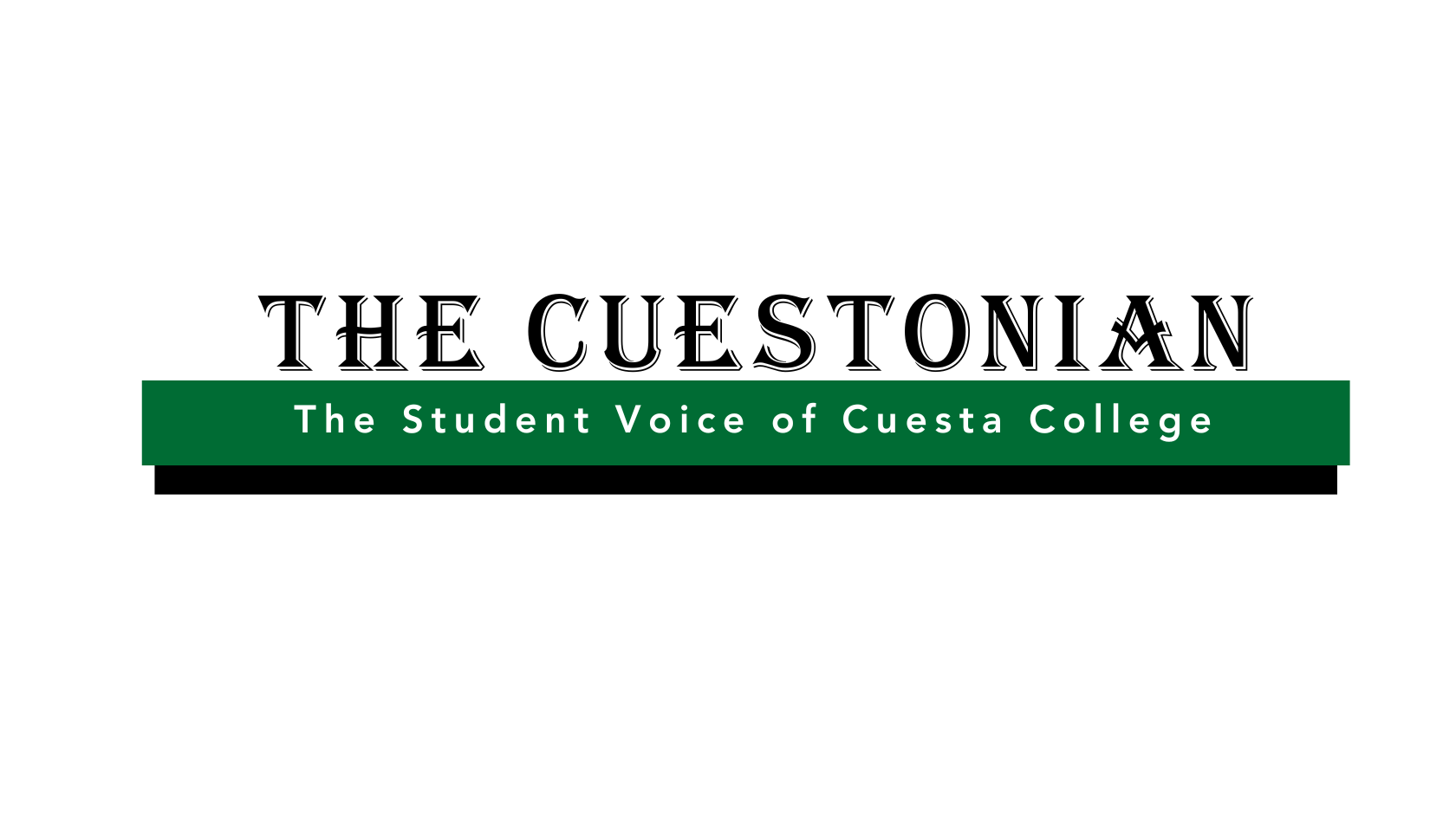

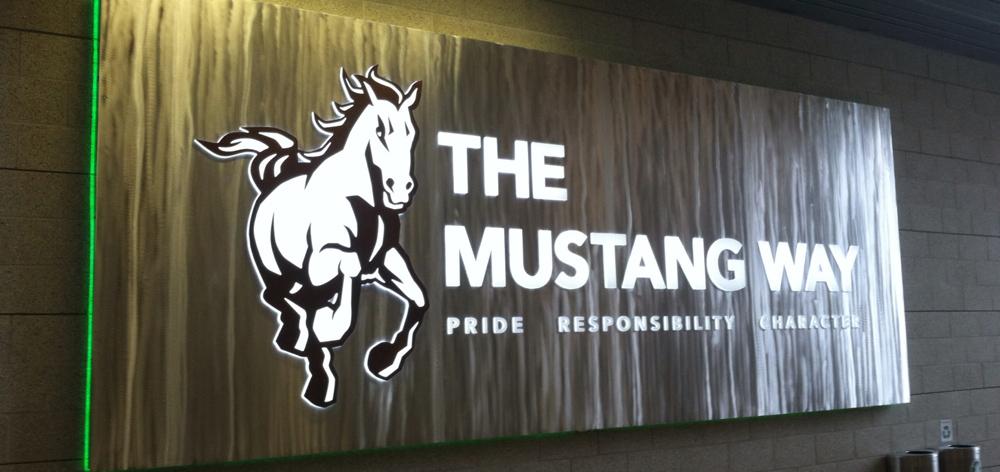


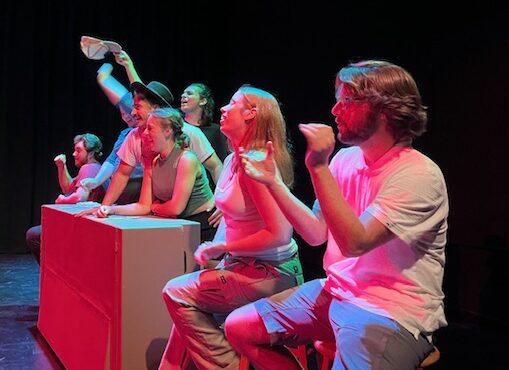
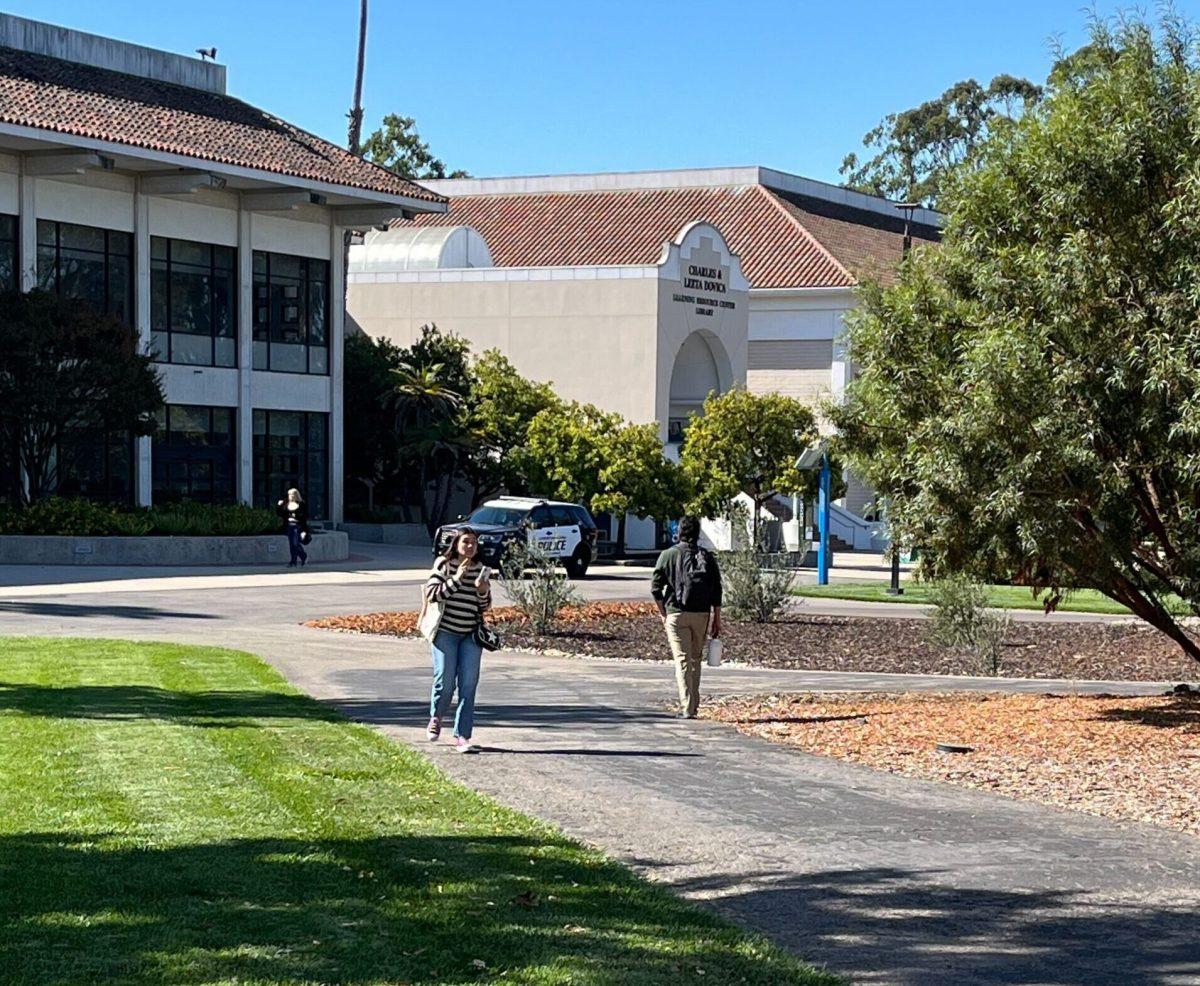


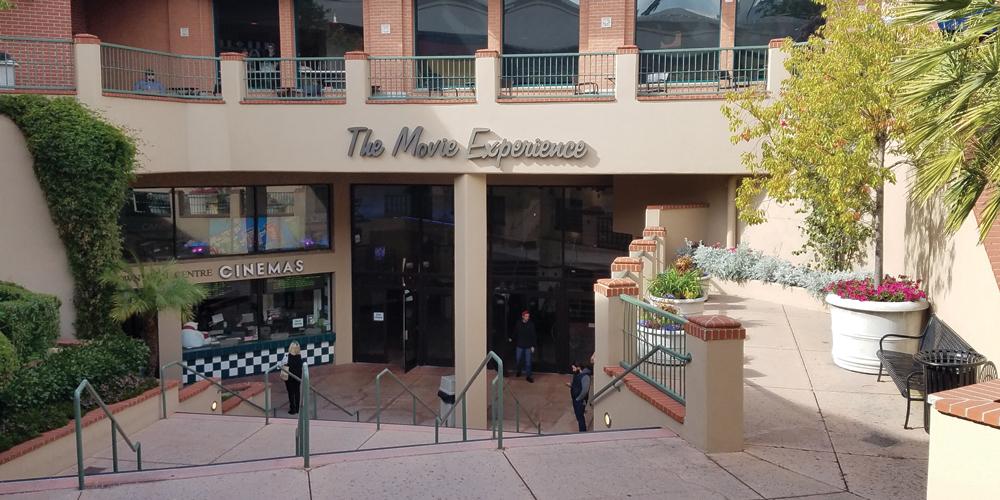
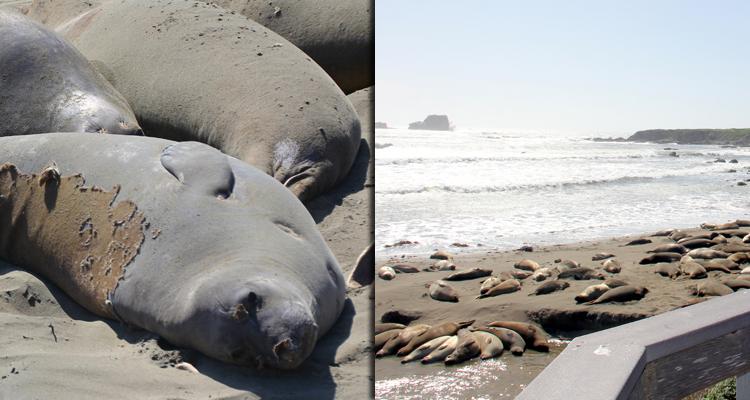


Shawna Starck, M.Ed. • Dec 6, 2017 at 4:59 pm
Happy that there are unbiased well-written articles out there that we can read. This is a compilation of well written thoughts that fit both sides. Media has gotten away from that much of the time. Thank you! Excellent article!